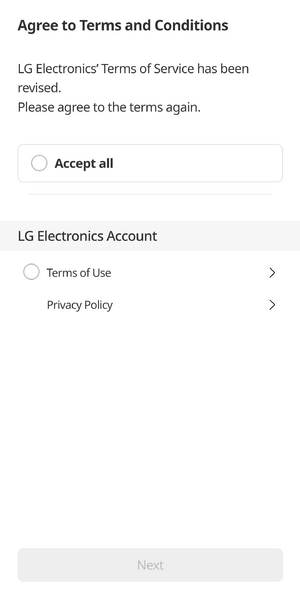Please note that all submissions to the site are subject to the wiki's licence, CC 4.0 BY-SA, as found here
EULA roofie
The term "EULA roofie" was coined by consumer rights advocate Louis Rossmann. It describes the practice of deliberately burying contentious terms in an End User License Agreement, rather than placing these terms front & center during the sale. Terms that would cause a customer to think twice before making a purchase are buried rather than presented upfront. The term draws a parallel to the negative practice of claiming someone provided consent for something they would not consent to if they were not tricked into doing so.
Core Concept
The "EULA roofie" describes three key deceptive practices:
- Burying unattractive terms deep within an End User License Agreement while avoiding mention of them in marketing materials and customer-facing interfaces.
- Making the full terms impractical or impossible to meaningfully review by the customer.
- Pointing to the End User License Agreement as a justification for the unpopular practice.
Notable Examples
Sony PlayStation Store
Sony prominently displays "PURCHASE" buttons for digital content, but buries a redefinition of the word "purchase" in Section 10.1 of their terms of service[1]:
"Use of the terms 'own,' 'ownership', 'purchase,' 'sale,' 'sold,' 'sell,' 'rent' or 'buy'... does not mean or imply any transfer of ownership..."
This became an issue in 2023 when Sony and Discovery removed previously "purchased" content from users' libraries, citing terms hidden in their service agreement[2].
It is common sense that placing "We may take away and remove television and movies you bought & paid for at any time, because purchase doesn't mean purchase anymore" next to the "Add to cart" would negatively affect sales. Therefore, it is buried on page 21.
Reading a 30 page terms of service before buying a movie is not practical.
Smart Appliance Requirements

LG Electronics and other manufacturers require users to accept extensive terms of service and privacy policies to use basic "smart" features on home appliances. The time required to actually read these documents (often 3+ hours) would negate any time-saving benefits of the smart features themselves, making meaningful informed consent impractical.
Consumer Impact
The practice undermines informed consent in digital transactions by:
- Using lengthy documents (often 50+ pages) to hide significant terms
- Employing complex legal language to obscure the real meaning of agreements
- Placing crucial information deep within documents where they're unlikely to be found
- Presenting one meaning of terms (like "purchase") in the user interface while legally defining them differently in hidden terms
Legal Context
While EULAs and Terms of Service are legally binding documents, the "EULA roofie" concept challenges their legitimacy by highlighting how they may violate principles of contract law such as:
- Meeting of the minds (mutual understanding between parties)
- Good faith dealing
- Reasonable notice of terms
- Unconscionability (terms so unfair they shock the conscience)
Consumer Protection Response
The concept has been used in advocacy for:
- Plain language requirements in consumer agreements
- Prominent disclosure of significant terms
- Limits on the length and complexity of consumer contracts
- Reform of digital ownership rights
- ↑ PLAYSTATIONTM NETWORK TERMS OF SERVICE AND USER AGREEMENT, December 30th, 2023: https://web.archive.org/web/20231230163548/https://www.playstation.com/en-us/legal/psn-terms-of-service/
- ↑ Playstation Video Content: Legal Update Notice https://web.archive.org/web/20231203150040/https://www.playstation.com/en-us/legal/psvideocontent/